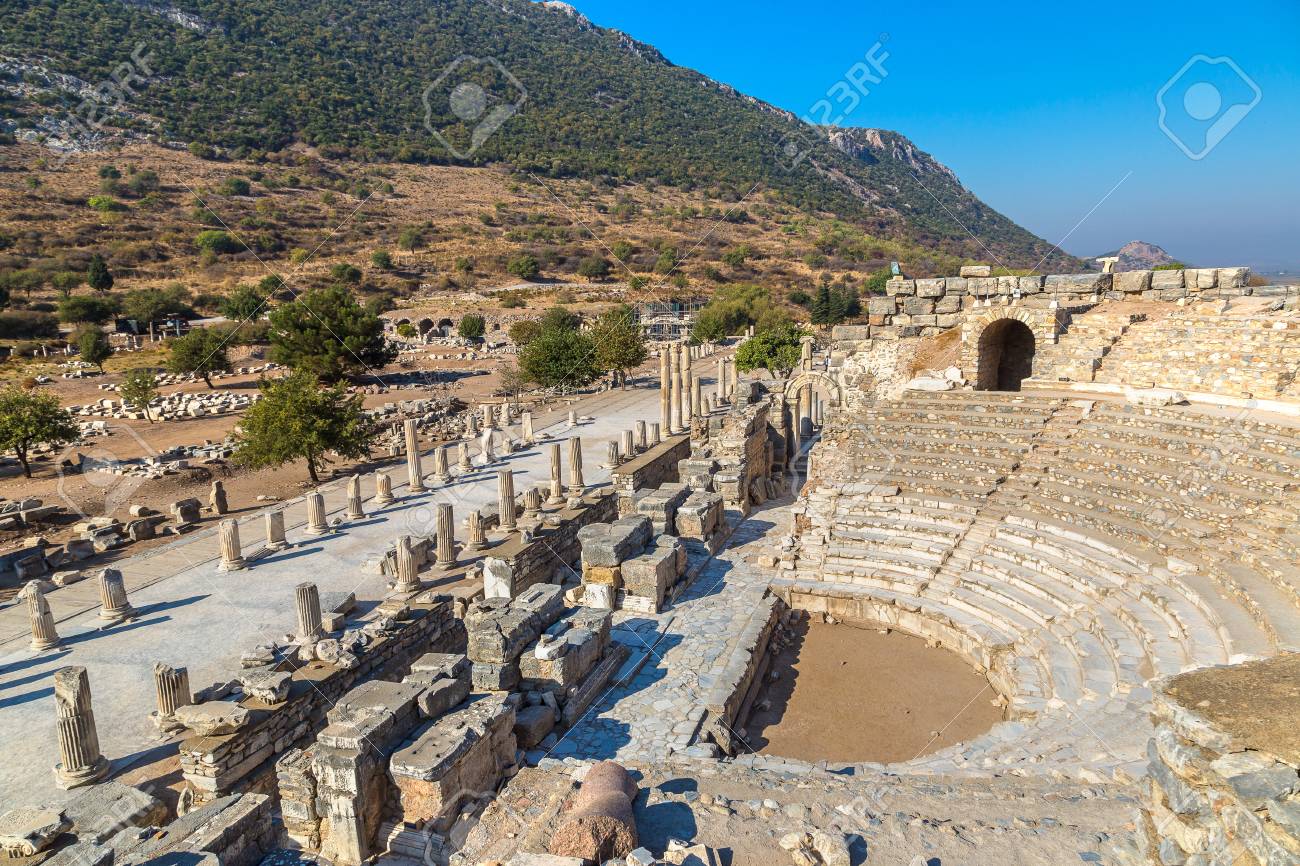

Some hoplites were professional soldiers but during times of war in some city-states, all men would be called upon to join the army to become a hoplite, or another member of the armed services. Ancient Greek soldiers were known as hoplites. What was ancient Greek warfare like?Īncient Greek city-states often had an army. The location of some of the most powerful city-states in ancient Greece. Some were very small but some, like Athens and Sparta, were very large and powerful. There were as many as 1000 city-states in ancient Greece. The rest of the citizens in the city-state (known as the assembly), voted for or against the laws made by the council.Ĭitizens in ancient Greece would vote using different coloured beans.Ĭity-states were often at war with each other, and often teamed up against a common enemy. The council was responsible for making the laws. Every year, 500 citizens were chosen at random to form a council. Democracies, such as the city-state of Athens, were ruled by many people.

Oligarchies, such as the city-state of Sparta, were ruled by a small group of people, usually rich men.Monarchies, such as the city-state of Corinth, were ruled by a king.Each city-state was completely independent from the others, with their own form of government, usually a monarchy, oligarchy or democracy: Each city-state had a main city which ruled the areas surrounding it. People lived in city-states, known as ‘polis’. How was ancient Greece run?Īncient Greece had no central government. If you're looking for a more in-depth lesson on the ancient Greece timeline, check out this ready-to-teach 'Timelines' lesson. This map shows the location of the ancient Greek civilisation. There are three main periods in the ancient Greek civilisation: They lived in Greece until around 1100 BC.Īfter this there was a Dark Age in Greece until around 800 BC when the main ancient Greek civilisation began. This was known as the Mycenaean civilisation, named after their largest city, Mycenae. When the Minoan civilisation declined in 1450 BC, a new civilisation developed on mainland Greece. The Minoans were a very advanced people – they had homes with running water, recorded events in their own written language and were competent architects, building huge, elaborate palaces all over the island. From this date until around 1450 BC, the Minoan people lived on the Greek island of Crete, ruled over by kings. The first civilisations in Greece began around the year 2000 BC. Looking for Ancient Greece resources for your class? Click here!


 0 kommentar(er)
0 kommentar(er)
